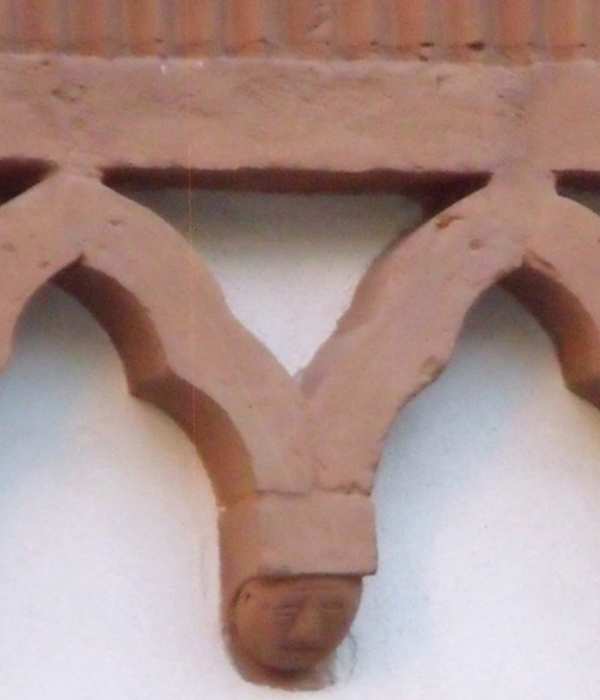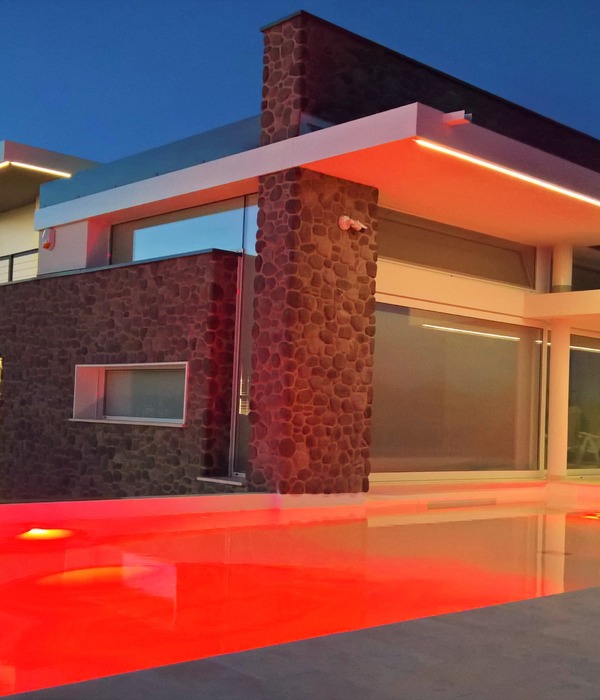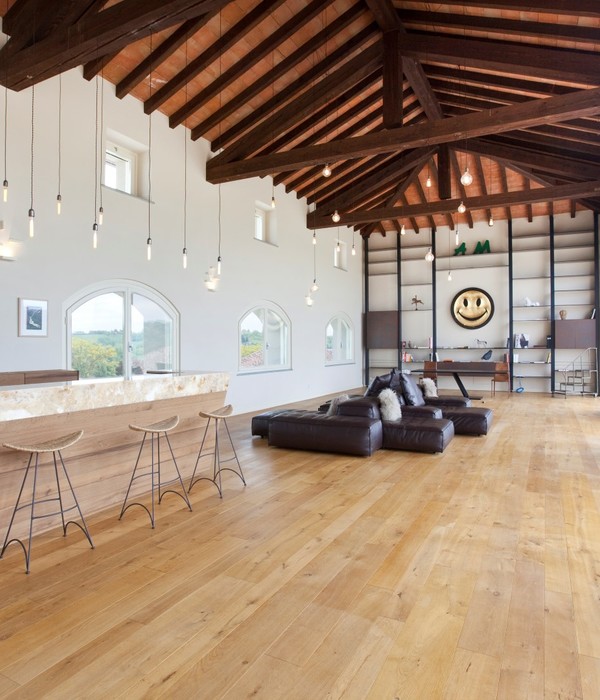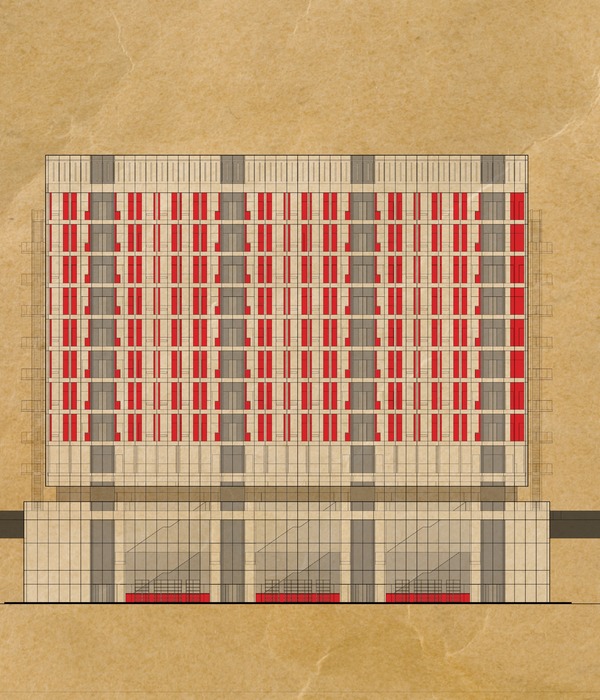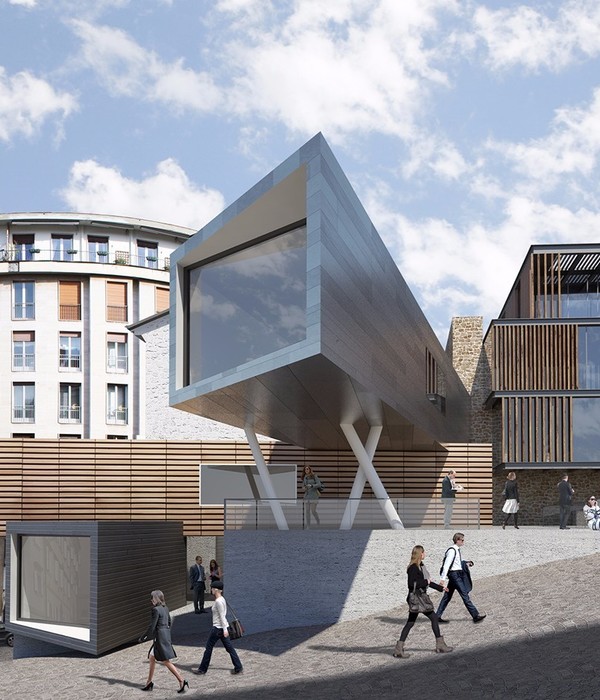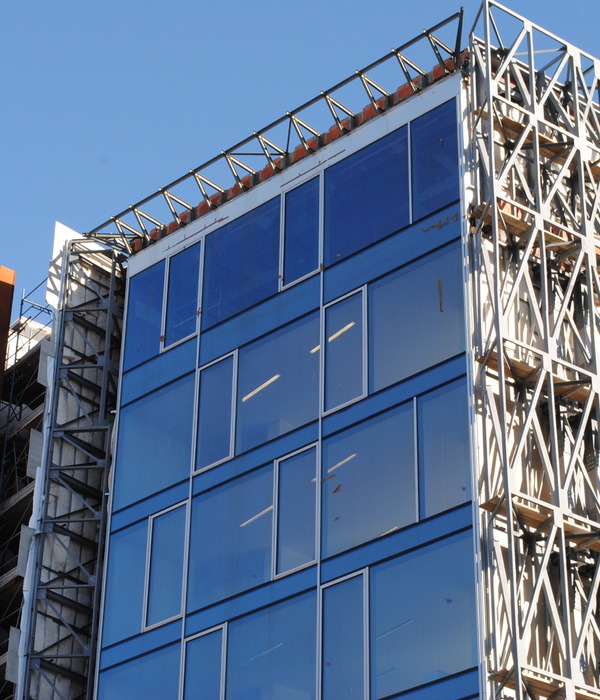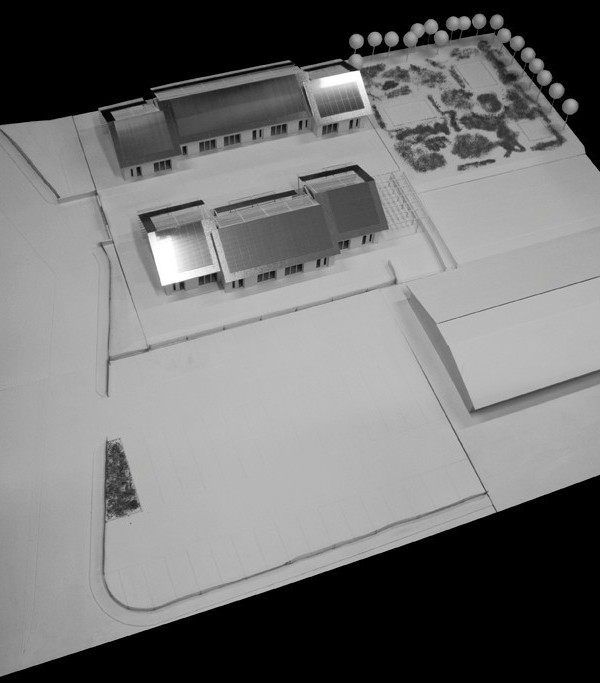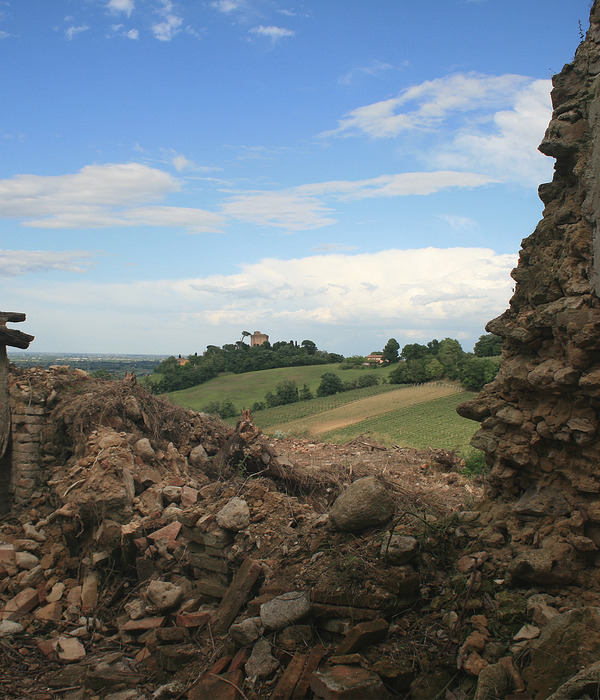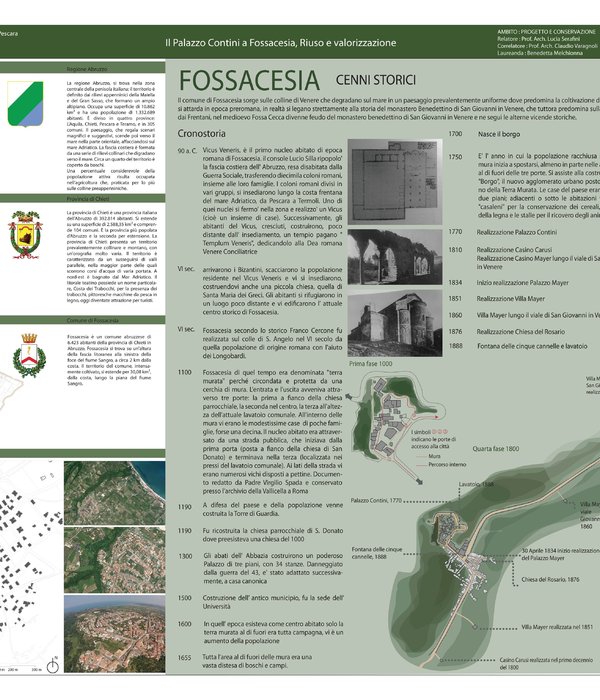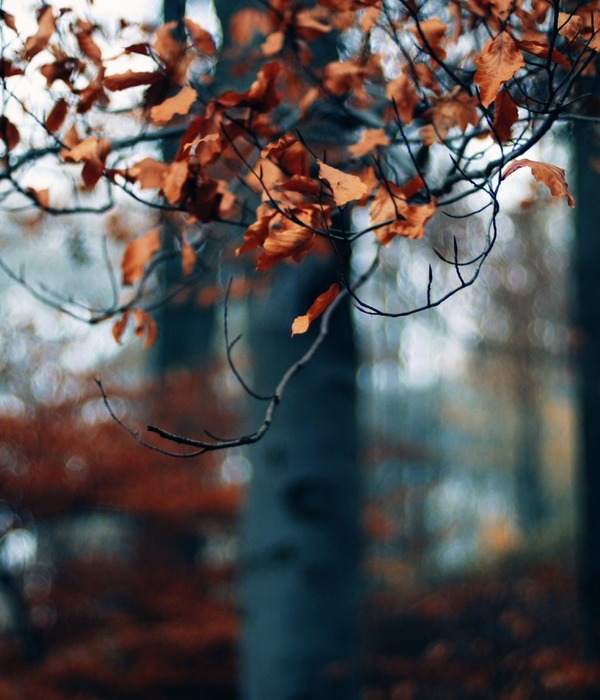Shenandoah House by SCHAUM/SHIEH unfolds over a lush slope of the Allegheny Mountains in western Virginia, part of the Appalachian Range. The 2,750-square-foot home and writer’s retreat was built for a creative couple with deep ties to the area’s landscape. The open, expansive views and rolling surroundings, paired with the challenges presented by a steep site, inform the overall design.
SCHAUM/SHIEH connected with the couple at a dinner party hosted by mutual friends, where one husband, a renowned anthropologist, unveiled sketches of a home he dreamed up based on his travels in Athens, where he spends a significant amount of time for fieldwork. A conversation developed from the drawing. Keeping that dinner conversation in mind while starting from scratch with SCHAUM/SHIEH, that night’s drawing informed several broad inspirations for the final home: a long, airy plan that embeds organically into the topography.
The final home organizes three bedrooms, three bathrooms, a dining room, a living room, a study, and a garage along a single line that follows the contours of the hilltop site. Rooms extend out from this central line, some embedding into the hillside and others facing the views to the horizon. This stretched plan, where rooms resemble irregular pods connected by a single corridor, creates pockets for gardens and outdoor nooks between each room, on both sides of the home.
This layout is connected by a gray metal roof whose undulating surface emphasizes the lines and volumes of the surrounding slopes. This sense of soft relief also informs the home’s material palette: The roof joins pliability with the durability necessary for the area’s seasonal shifts. Built from insulated stucco, the body of the home fuses the smooth, white finish of seaside Greek architecture with materials like the Exterior Insulation and Finish Systems (EIFS) cladding system, used locally on small commercial buildings, like gas stations.
The windows that frame either end of the 120-foot-long hall create a telescope effect, focusing at one end on the dense forest and the other on the surrounding meadow. The windows both frame the site and the interspersed gardens that slide between the rooms. They also literally open up and create physical connections down the steps to the landscape. On the uphill side, simple clerestories create a connection to the treetops and sunset over the ridge.
Inside, the folds of the roof inform the organization and detail of each room. No lights or other features interrupt the ceilings; instead, lighting emerges through slots at the ceiling edge and on the quasi-furniture objects that provide texture across the home. These custom objects take on much of the interior materiality: one is wood, one is stone, and one is concrete. Throughout, the local use of soapstone influences many of the stone highlights, such as the hearths and wood storage, while bamboo clads the sprawling floor.
{{item.text_origin}}

